Description
Dementia: Cognitive Rehabilitation Strategies for Effective Evaluation & Treatment – Jerry Hoepner
- Accurately stage dementia and use staging level to modify treatment
- Differentiate the forms of memory and the dementia diagnosis associated with each form
- Documentation and medical necessity in accordance with Medicare guidelines
- The role of medications and neurotransmitters in dementia
In this invaluable workshop you will learn the characteristics of dementia for effective differentiation of dementia as well as how to accurately stage your patients. You will walk away with an array of therapeutic approaches based on the patient’s diagnosis and stage level for successful intervention. This seminar will broaden your understanding of memory and pharmacology and provide evidence-based direct and indirect interventions to help you find the right approach for each patient. Additionally, you will discover how to fully comply with the recent Medicare policies (Jimmo v. Sebelius) and how these changes will impact treatment of your patients.
Key benefits of watching:
- Differentiate cortical and sub-cortical, static and dynamic, and reversible cognitive impairment
- Determine the patient’s stages of dementia to modify intervention practices
- Differentiate the forms of memory and the dementia diagnosis associated with each form
- Document cognitive therapy for adult patients with dementia in accordance with Medicare guidelines
- Utilize peer-reviewed research regarding treatment strategies
- Explain environmental adaptations utilized for the patient with dementia
- Utilize visual cues during therapy to facilitate memory
- Understand Jimmo v. Sebelius and the big implications for cognitive therapy
- Explain the differences between cortical and sub-cortical dementias.
- Accurately stage the patient with cognitive impairment.
- Utilize the patient’s staging level to design/modify treatment interventions.
- Differentiate the forms of memory and the dementia diagnosis associated with each form.
- Discuss one functional long-term goal and two functional short-term goals for cognitive therapy.
- Employ appropriate therapeutic intervention strategies for different cognitive impairments.
- Differentiation of Dementias
- Cortical & Sub-cortical
- Static or Dynamic/Reversible
- Etiology of Various Dementias
- Alzheimer’s
- Parkinson’s
- Vascular Dementia
- Huntington’s
- Lewy Body
- Frontotemporal Dementia
- Wilson’s
- PSP
- Cerebral Degeneration
- Basil Ganglia Degeneration
- Stages of Dementia/Clinical Staging
- Identification of Models of Memory & Their Relationship to Dementia
- Etiology & Symptoms
- Sensory Memory
- Working Memory
- Declarative Memory
- Etiology & Symptoms
- Non-declarative Memory
- Medicare Compliance, Medical Necessity, GoalWriting
- Jimmo v. Sebelius – Impact on treatment
- Evaluation Tests
- Brief Cognitive Rating Scale
- Global Deterioration Scale
- St. Louis University Mental Status Test (SLUMS)
- Stroop Test
- Trails A & B
- Cognitive Linguistic Quick Test
- Scales of Cognitive and Communication Ability for Neurorehab (SCCAN)
- Environmental and Communication Assessment Toolkit for Dementia (ECAT)
- MCI Screen
- Allen Crosswalk & Cognitive Levels
- Direct Therapeutic Interventions for Dementia
- Spaced Retrieval
- Priming
- Reminiscence Therapy
- Medications
- Montessori Principles
- Allen’s Techniques
- Chaining Techniques
- Attention Training Techniques
- Sensory Stimulation Techniques
- Errorless Learning Techniques
- Meta-memory Exercises
- Cognitive Rehab Dining
- Appropriate iPad® Apps for Cognitive Therapy
- Indirect Therapeutic Interventions for Dementia
- Environmental Adaptations
- Assistive Techniques for Cognition
- Simulated Presence Therapy
- Linguistic Manipulations
- External Aids
- Caregiver Education
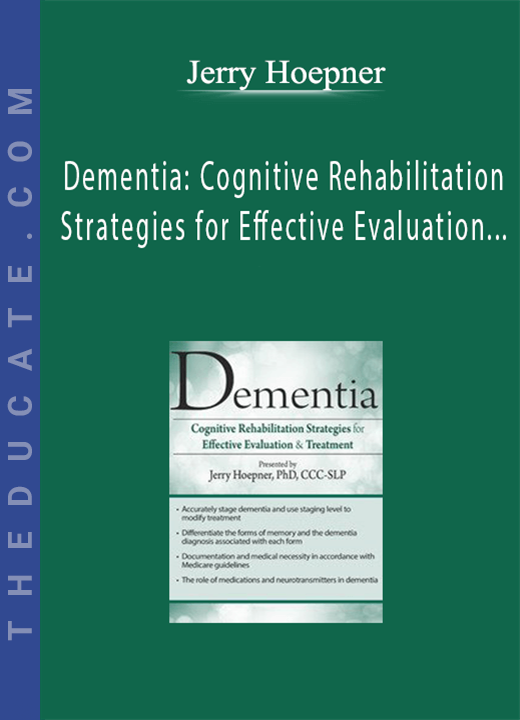


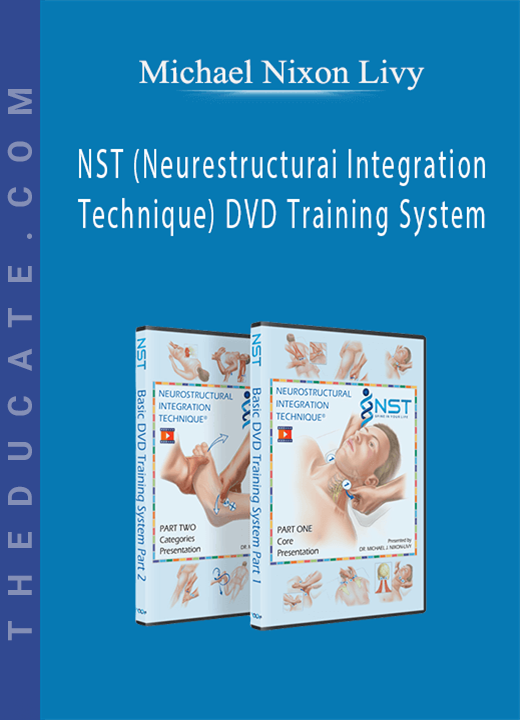
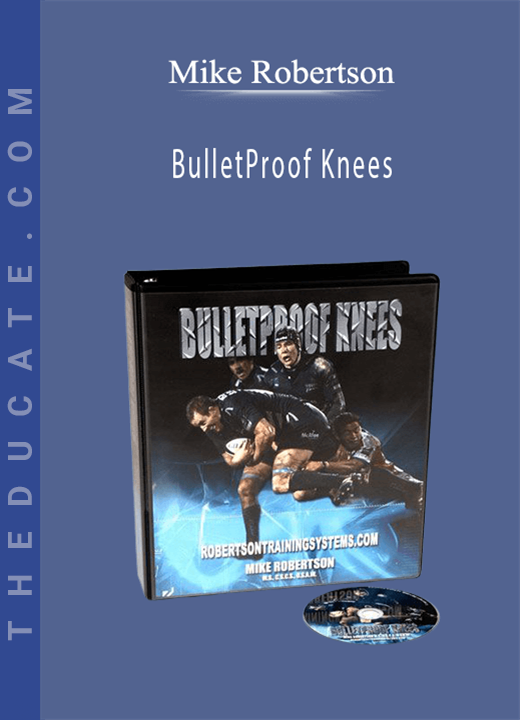
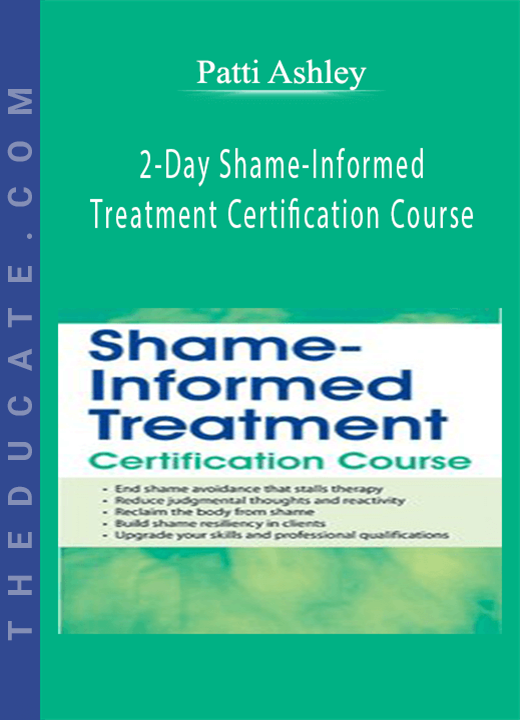
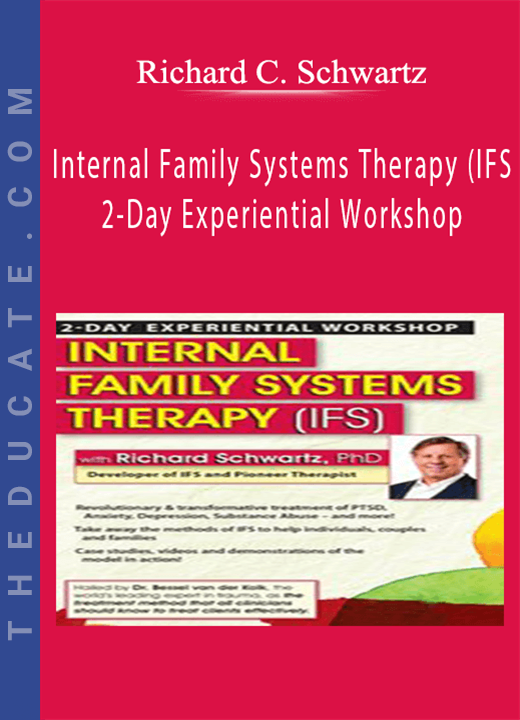
4 reviews for Dementia: Cognitive Rehabilitation Strategies for Effective Evaluation & Treatment – Jerry Hoepner
There are no reviews yet.